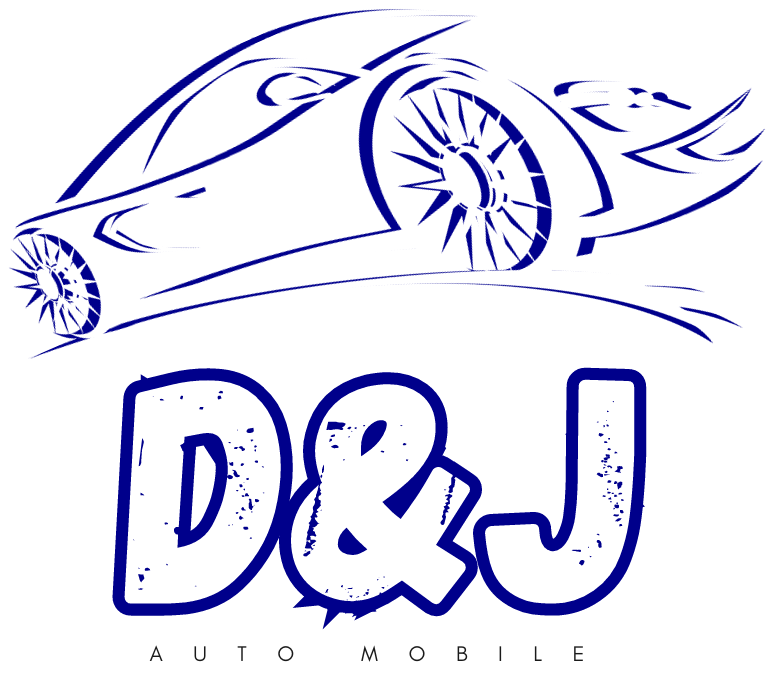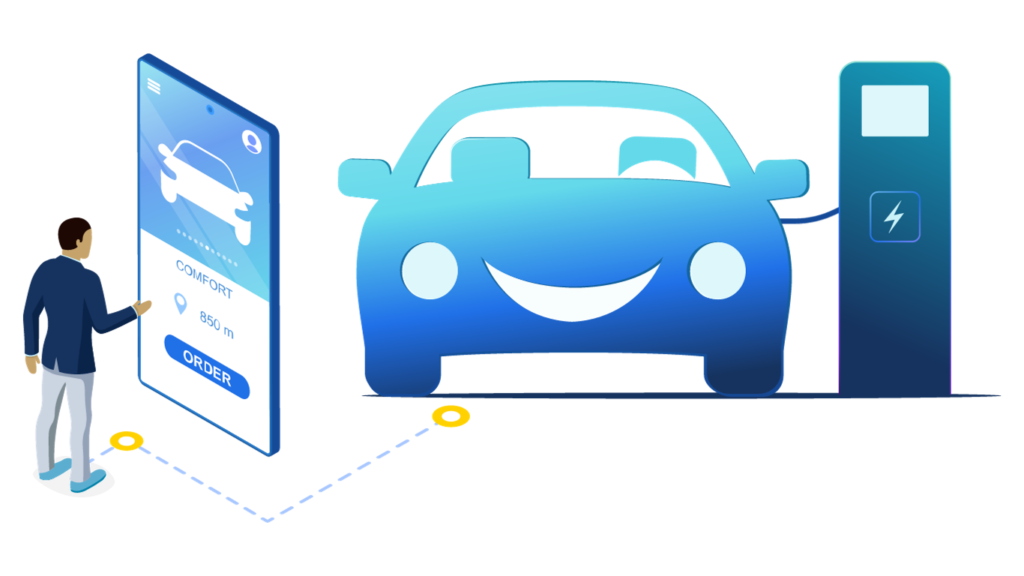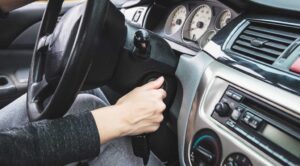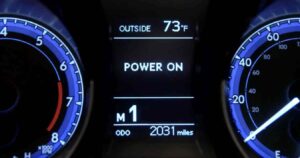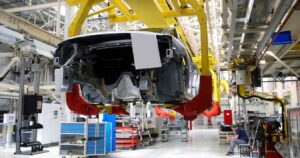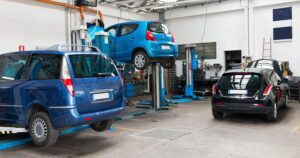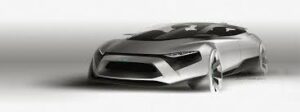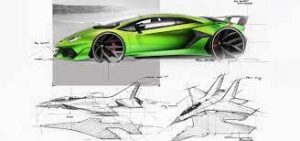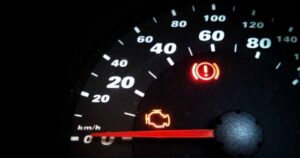Driving, for many, is a daily necessity, but when your car unexpectedly jerks during acceleration, it can turn the routine into a nerve-wracking experience. This phenomenon not only causes discomfort but can also lead to potential safety hazards.
In this comprehensive guide, we’ll delve into the various reasons your car might jerk while accelerating, accompanied by insights on troubleshooting and fixing these issues.
Table of Contents
ToggleClogged Fuel Injectors: Unblocking the Path to Smooth Driving
One common culprit behind a jerking car is clogged fuel injectors.
When these crucial components become obstructed, they hinder the proper delivery of fuel to the engine, resulting in unsettling jerks.
Regularly cleaning the injectors or using a fuel injector cleaning solution can often resolve this issue.
However, severe cases may require professional intervention, with the injectors potentially needing cleaning or replacement by a qualified mechanic.
Obstructed Catalytic Converter: Clearing the Air for Smooth Operation
The catalytic converter, responsible for managing exhaust particles, can become obstructed, impacting the airflow and causing jerking during acceleration.
Signs of trouble include an illuminated check engine light, unpleasant odors, and decreased fuel economy.
Depending on the severity, using a cleaner might suffice, but more complex cases may necessitate expert attention, potentially leading to a replacement.
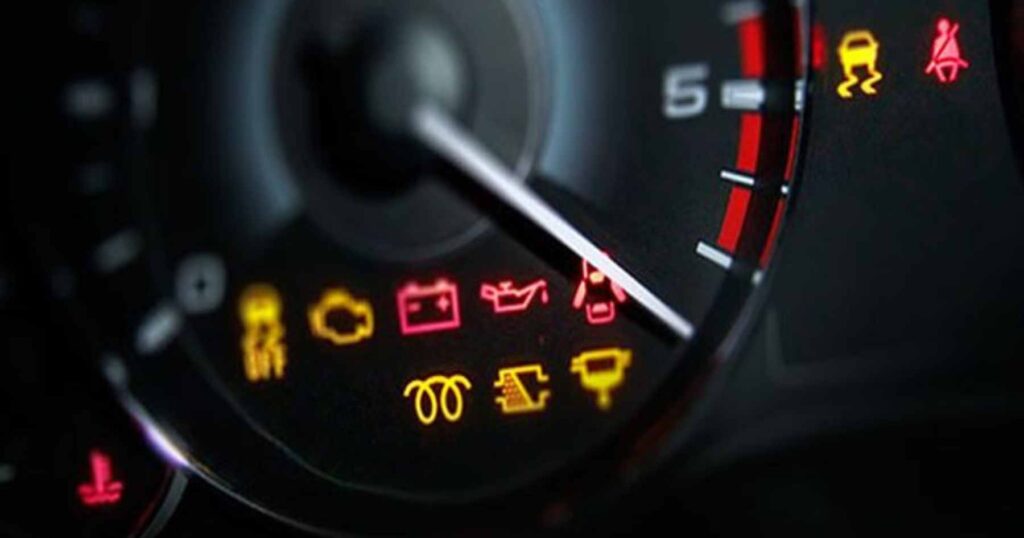
Defective Mass Airflow Sensor: Navigating Smooth Acceleration
A malfunctioning mass airflow sensor can disrupt the delicate balance between air and fuel intake, leading to jerks during acceleration.
Symptoms may include black smoke from the tailpipe and an illuminated check engine light. Resolving this issue involves replacing the faulty sensor to ensure a seamless driving experience.
Dirty Fuel Filter: Ensuring a Clean Path for Fuel
Fuel supply issues often contribute to car jerking, and a dirty fuel filter can be a primary culprit.
Regularly checking and replacing a clogged fuel filter can help maintain the required fuel levels for smooth acceleration, preventing the jolting sensation.
Clogged Air Filter: Breathing Easy for Optimal Performance
A clean air filter is essential for proper combustion and engine performance. When the air filter becomes dirty, it restricts the airflow, potentially causing the car to jerk.
Regular maintenance, including cleaning or timely replacement, ensures an unobstructed air supply, contributing to a smoother drive.
Spark Plugs: Igniting a Jerk-Free Drive
Malfunctioning spark plugs can result in misfires, leading to jerks or shudders during acceleration.
Regularly checking and replacing worn-out spark plugs is a simple yet effective solution to maintain optimal power delivery and prevent jerking.
Worn Out Accelerator Cable: Linking Smooth Acceleration
In older vehicles still using an accelerator cable, wear and tear over time can lead to irregular acceleration, causing the car to jerk.
Promptly addressing any signs of damage or wear in the accelerator cable is crucial to prevent further issues and ensure a responsive driving experience.
Malfunctioning Transmission Control Module: Shifting Smoothly for a Seamless Ride
Although less common, a malfunctioning transmission control module can disrupt the shifting process, causing delays and jerks during acceleration.
Keeping an eye on shifting delays and promptly checking the control module can help diagnose and address this issue, ensuring a smoother ride.
Conclusion
Experiencing jerks while accelerating can be alarming, but armed with knowledge about potential causes and solutions, you can navigate these issues with confidence. Regular maintenance, prompt troubleshooting, and professional assistance when needed can collectively contribute to a jerk-free driving experience. Remember, a well-maintained car not only performs better but also ensures your safety on the road.
What causes a car to jerk suddenly?
Various issues, such as clogged fuel injectors, a malfunctioning mass airflow sensor, or a worn-out accelerator cable can cause a sudden jerk in a car.
Should I be worried if my car is jerking?
Yes, it’s advisable to be concerned if your car is jerking, as it may indicate underlying problems. Prompt diagnosis and resolution of the issue through professional inspection can prevent further damage.
What does it mean when your car shakes and the engine light comes on?
If your car shakes and the engine light comes on, it suggests a potential engine or transmission issue. It’s crucial to have the vehicle inspected immediately to identify and address the specific problem triggering the warning light and vibrations.
